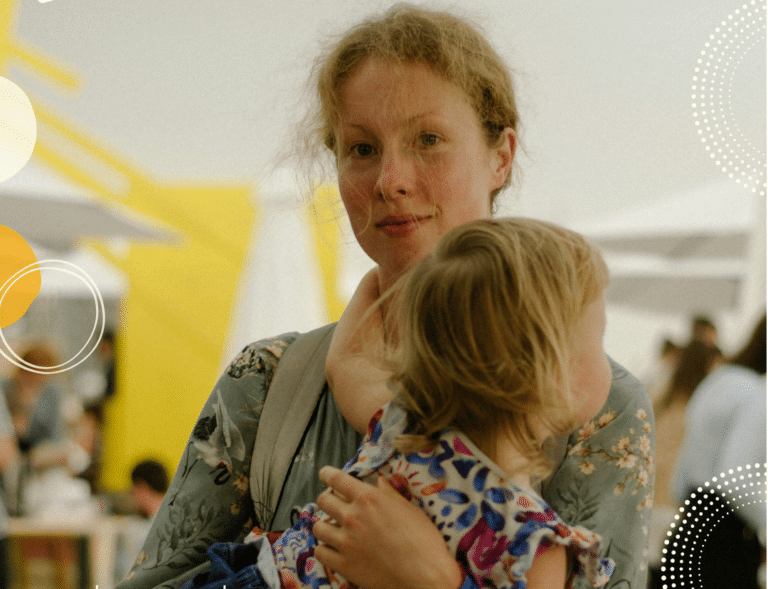Building children’s self-esteem
Self-esteem comes from children feeling accepted, competent and effective. Parents cannot directly create those feelings in children – feelings are subjective and everyone is different. But what parents can do is to provide experiences and feedback that make it likely that their children will draw the conclusion from their experiences that they are accepted, competent and effective. Building children’s self-esteem is about creating the right conditions for children to feel good about themselves and helping them interpret their experiences positively. 
Feeling accepted is about children feeling loved and wanted and valued unconditionally for who they are. Feeling competent is about children believing they can do things for themselves and are good at stuff. Feeling effective comes about when children see the connection between effort and progress and how their actions make a difference.
So what can parents do to help children have those feelings? Here are some simple ideas for building children’s self-esteem.
Show you care
Be affectionate. Spend time with your child doing things you both enjoy. Chat. Have fun. Laugh – a lot! Be emotionally available and stop what you are doing to respond and engage when they want to show you something or tell you something. Listen to them (see Building a good relationship with your child). And when using discipline strategies, separate out the child from their behaviour – be clear that the child is always wanted, it is a specific behaviour that is undesirable.
Foster independence
Teach your children how to do things for themselves. Simple everyday activities (from feeding themselves to making their own beds) provide opportunities for children to try, learn and feel good about themselves. Break difficult tasks down into small steps and acknowledge effort, progress and achievement. Create a learning culture in which failure is good – getting things wrong is positive as it helps us know what not to do next time! Involve children in decision-making and teach them problem-solving skills to increase their sense of competence. Let them take healthy risks so they can learn through experience (see Activities to build children’s confidence).
Believable descriptive praise
One of the ways children develop self-esteem is by hearing good things about themselves. But praise only works if it is specific and believable. If your son plays really badly in a football match and you tell him he played brilliantly it is not believable and it may make him less likely to believe your praise in future. Focus on real achievements and on effort (“I could see that was a really tough match. Well done for not giving up and for battling all the way to then end.”) Constant overblown praise can inhibit learning (child’s conclusion: “I am already good enough“), destroy trust (child’s conclusion: “I don’t believe your opinion of me as it clearly isn’t based on reality“) and undermine self-esteem by creating a fear of failure (child’s conclusion: “I always need to do things perfectly to be approved of“). Equally, harsh negative criticism is likely to have a negative result.
If your child is a habitual negative thinker then you might want to do some specific work on teaching optimism.
Encourage self-evaluation and goal-setting
Encouraging children to evaluate their own achievements and set their own goals is a brilliant way of building children’s self-esteem. Setting our own goals and achieving them is empowering. Whereas having goals set for us can be daunting (especially if we already lack self-belief). Your child may set a goal which is woefully small but if they achieve it then they will feel competent and more willing to try again and extend their goal. Whereas if they fail at your stretch target that will confirm their sense of incompetence and make them less likely to try again.
So, when your child shows you a drawing, ask them what they think of it (“I really like that. Are you pleased with it?“). Similarly, if they tell you an exam result (“How do you feel about that score?“). Key questions to ask include:
- How do you think you did? / Were you pleased with the result?
- What did you do well?
- What could you have done better?
- Did you do anything differently this time?
- What will you do differently next time?
Be positive about initiative (no matter how crazy the idea) and help them break big goals into smaller achievable steps.
Building children’s self-esteem is not an exact science and all children are different. Use your knowledge of your child and try not to be skewed by how you would think or feel in the same circumstances. Try to remember that self-esteem is a subjective assessment based on a specific interpretation of reality. Telling a child they are wrong in their thinking or just to think differently seldom works. We need to help lead them towards drawing different conclusions (see How to boost your teen’s self-esteem).
If very poor self-esteem is causing your child to withdraw from social activities or school, or is coupled with anxiety, then you might want to think about getting support (see Anxious children: where to find help). Or click through to these advice posts if you are worried that your child’s self-esteem is being negatively affected by social media, bullying or body image anxiety.
Does your child suffer from ANXIETY? We offer specialised support for parents to help you learn how to support an anxious child/teenager and build their confidence. Details here.







This is a great post, Anita. Self-esteem is a complex mix of things and there are many ways to support it, as you suggest.
Thanks Kirsten. There definitely isn’t a magic solution and for different children different factors will be most important but I hope it is a useful starting checklist for parents.
I found this so interesting Anita. I especially liked the part about positive interpretation of experiences. As kids get older we have less and less control over their experiences but we can control how they react to them.
So are so right, it’s all about influence and helping them to do critical thinking and analysis (even of their own thoughts in this case!)
Anita – as a Mum to older girls (and I mean “adults” in numbers!) I still found this useful. These tips apply throughout your relationship as a parent – people shouldn’t think that the need for this type of info and support ever goes away. Thank you for a very interesting webinar (my first!).
I totally agree, Brenda. I think we can apply these principles to ourselves, to our partners and to adult family and friends equally. I’m really glad you found the webinar useful!
This is a great read Anita, thanks for sharing.
Supporting my son in building self-esteem is one of my priorities in life. It’s always great to see it being written about.
So glad you found it useful Shelley!